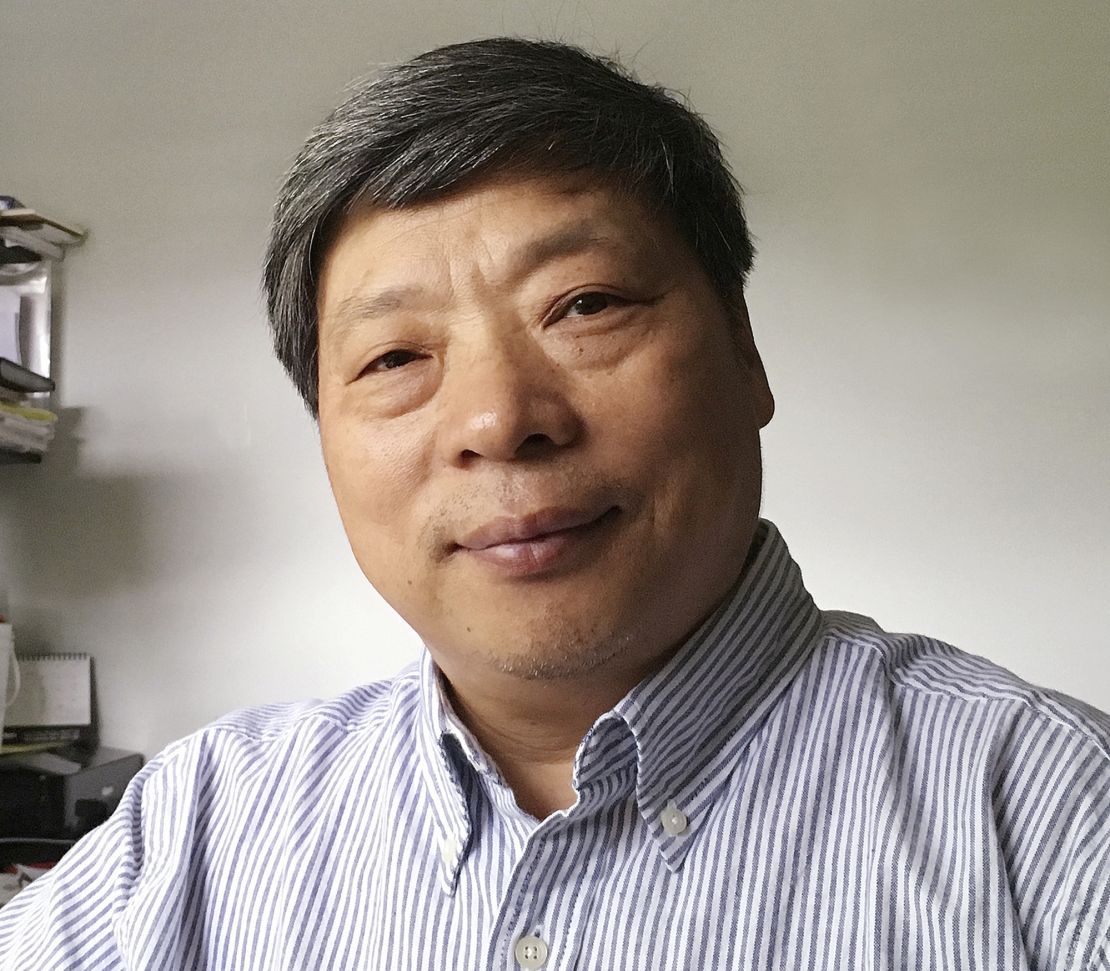An award-winning Chinese photojournalist has disappeared in China after reportedly being taken away by authorities in Xinjiang, a region in a global spotlight for the alleged internment of at least one million Muslim Uyghurs.
Lu Guang’s disappearance was revealed by his wife, Xu Xiaoli, who posted news of his disappearance on social media and said that she had not been able to contact him since early November.
In her tweets and telephone conversation with CNN, she recounted that Lu was traveling in Xinjiang – in northwest China – on November 3 when she lost contact with him. He had connected with photographers in Urumqi, the provincial capital, a week earlier. He was due to meet a friend in Sichuan province on November 5, but never showed up.
Though many of the details surrounding Lu’s disappearance remain unclear, the case has brought attention to the Chinese Communist Party’s restrictions on free speech and the quashing of dissent.
At least 41 journalists were imprisoned in China at the end of 2017, according to a report from the Committee to Protect Journalists (CPJ). Only Turkey jailed more journalists last year.
Journalist advocacy organizations like the CPJ are now calling on Beijing to publicly address Lu’s case.
“Chinese authorities must immediately account for Lu Guang’s whereabouts, allow him to travel freely, and halt the harsh measures taken against journalists throughout the country,” said Steven Butler, the CPJ’s Asia program coordinator.
Lu’s photography expose the everyday realities of people on the margins of Chinese society, like coal miners, drug addicts and HIV patients, though his most recent work has centered around environmental issues.
Lu is the recipient of numerous photography honors, including three World Press Photo contest award wins, Germany’s Henri Nannen Prize in Photography and a National Geographic Photography Grant. He was also the first photographer from China to be invited by the US State Department as a visiting scholar.
Cédric Alviani, the director of Reporters Without Borders’ East Asia burea, also called on China to disclose where Lu is and to “guarantee journalists’ freedom of movement and security, including in Xinjiang Province.”

Xu is based in New York and lives there with the couple’s child, she said, while Lu – a Chinese citizen – spends more time in China.
Xu said she has tried to contact the police in Xinjiang and has not been able to speak to an official, adding that she did not reach out to the US authorities because “it would not be useful anyway.”
CNN contacted local police authorities and government officials in China but had received no response by the time of publication.
A friend of Lu’s, who spoke to CNN on the condition of anonymity due to fear of reprisals from Chinese authorities, said his disappearance was very unexpected and that it was unlikely Lu would have traveled to Xinjiang on a photography assignment related to the area’s more sensitive issues.
The friend said China’s Ministry of Environment considers Lu sort of an ally, because he is “the guy that lets them know about so many things that went wrong at the local level.”
“If they wanted to arrest him, they could’ve done it a long time ago,” the friend said.
CNN’s Bianca Britton wrote this story from London. Steven Jiang and Sandi Sidhu contributed reporting.





